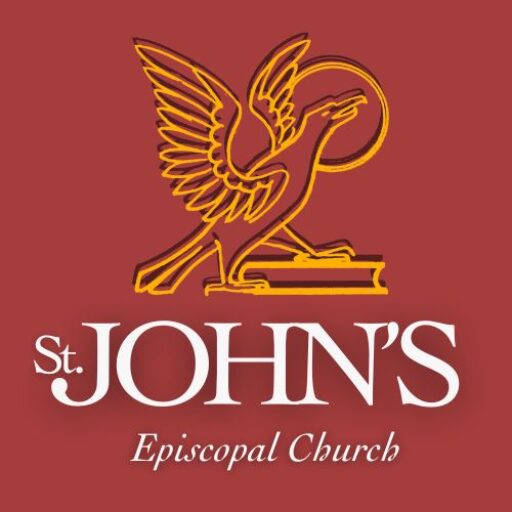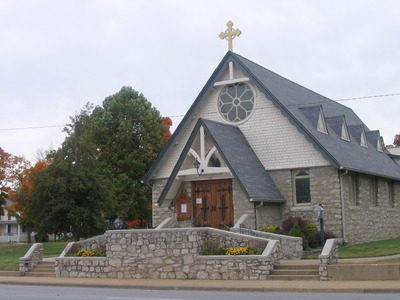The Next Act
By Fr. David Kendrick
Let me be the first to wish you Happy Pentecost! Proleptiocally speaking. It is the Prophet Joel that connects this first day of Lent to Pentecost. Today we hear from Joel: “Blow the trumpet in Zion; sound the alarm on my holy mountain! Let all the inhabitants of the land tremble, for the day of the Lord is coming, it is near– a day of darkness and gloom, a day of clouds and thick darkness!” In three months, we will hear the first Christian sermon from Peter quoting Joel: “Then afterward I will pour out my spirit on all flesh; your sons and your daughters shall prophesy, your old men shall dream dreams, and your young men shall see visions. Even on the male and female slaves, in those days, I will pour out my spirit.” Even as we acknowledge and confess our broken promises, our failures, our brokenness and even our dust, we should hear today a whisper of the happy ending to our story.
As we prepare for the visit of our Presiding Bishop, we need to know the story that we are a part of. That story is the Good News, the best News of yesterday, today and tomorrow. And if we are going to tell others the Good News of Jesus Christ in this branch of the Jesus Movement known as The Episcopal Church, we need to know the story, and our roles in that story.
At the recent Evangelism conference, we were encouraged to see our salvation story in four acts. It seems to me that the prophet Joel bridges Acts three and four. Act One is that part of the story which is literally pre-historic, but whose truth is expressed in the first 10 or so chapter of Genesis. In Act One is the creation of the universe, leading to the one planet in our solar system far enough away from our Sun not to burn, but close enough to be warm, leading to the evolution of life, and finally living beings who knew they were created and thus had the choice of trusting their Creator or not.
Act Two begins with one man and one woman, Abraham and Sarah, who heard the voice of the one God and followed that voice. It continues with their 12 great grandsons becoming a nation liberated by a just God, agreeing to live in a binding covenant relationship with each other and their one God.
Act Three sees this nation trying to live in trust of the promises made to them by their one God, and to keep the promises they have made to this one unseen God. We are introduced to the character of Joel toward the end of the third act, after a string of broken promise upon broken promise, and the fear that God will therefore break their promise: “Who knows whether he will have a change of heart and leave a blessing behind him, a grain offering and a drink offering for the LORD your God?… Between the vestibule and the altar let the priests, the ministers of the Lord, weep. Let them say, “Spare your people, O Lord, and do not make your heritage a mockery, a byword among the nations. Why should it be said among the peoples, ‘Where is their God?’” What broken promises should we be weeping for today, as individuals, as a church, as a nation?
Today begins the 40 days leading up to the crescendo climax of Act Four. Jesus has come as the fulfillment of God’s promise to be with their people, only to be broken in the ultimate broken promise of the human race, Jews and Gentiles, choosing death, only to find that there is nothing we can break that will make God break his promise, and that no broken promise is more powerful than resurrection. And then finally the coming power of the Holy Spirit, as close to us as our own breath, blowing all around us, and breathing peace, love, and courage through us.
The Fourth act continues to this day. And each year, we are invited to a great reenactment of this drama of promises broken and promises kept, that we might breathe ever more deeply the Spirit that gives life to our dust. We who know this story need not live in suspense over its ending. We already know its happy ending. Let us play our parts in this story once again, confident that by God’s grace and the Spirit, we shall become more and more the characters we play.


